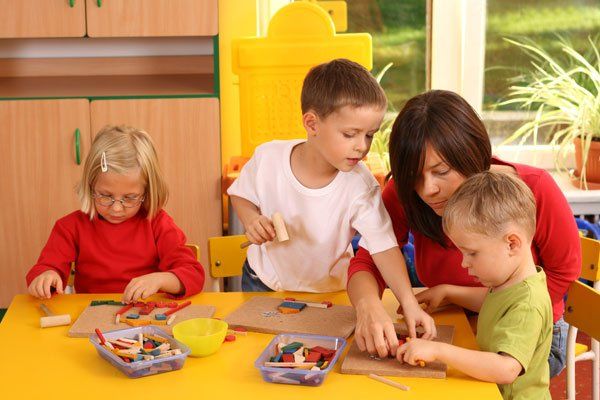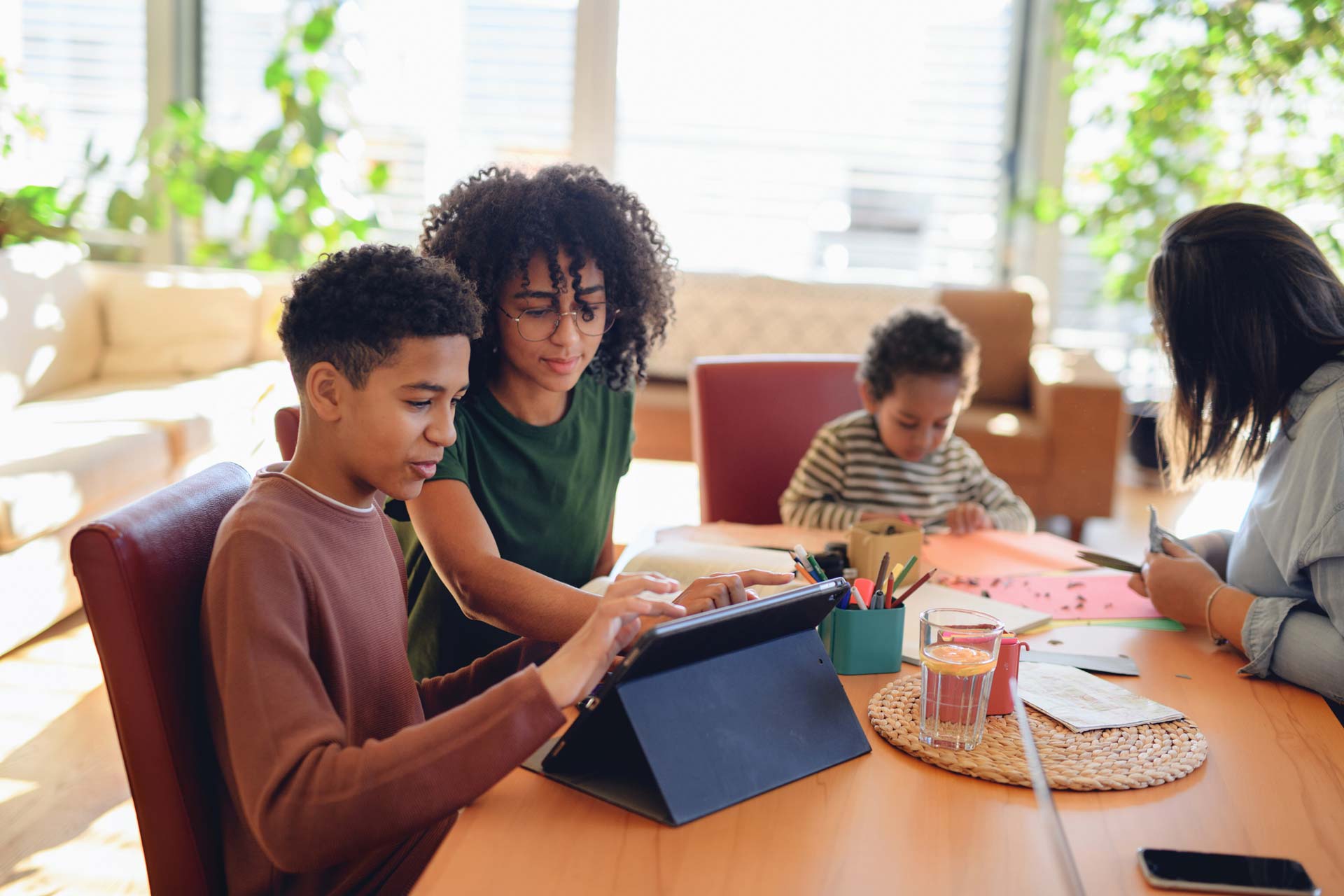What Do You Need to Know About Toddler Development?
- By Admin
- •
- 11 Oct, 2017
- •

Your toddler is everything. At least, he is to you. He's loving, sweet and your best buddy. But he's also a mysterious person with moods that seem to change on a dime. You can't always get a handle on what he's thinking or why he's acting the way he does.
Obviously, you want the best for your child. That's why you're sending him to a child care center that you trust and feel comfortable with. Along with the care he's getting every day, your tot is also growing, building skills and developing.
Understanding toddler development is the first step when it comes to understanding your child. Not only can this help you to know your child better than you already do, but it can also help you to set realistic expectations for his learning and skill-building. So what do you need to know about toddlers? Take a look at what you can expect from your child's development.
Developmental Differences
Keep in mind, not every child develops at the exact same pace. While there are commonly accepted milestones, you may find that your child is slightly ahead of or slightly behind these, and that’s fine. Yes, there are children who are exceptional. And there are children with developmental delays. But a difference of weeks, or sometimes even months, doesn't always indicate a problem in the world of developmental milestones.
Think of these developmental expectations as guide posts. Instead of being precise time points, they're more of a sequence that development follows. For example, children (mostly) crawl before they walk and walk before they run. Whether your child walks at 11 months, 12 months or 15 months might not mean much. But if your child can't walk at all, you wouldn't expect her to start running anytime soon.
Social and Emotional Development
Your toddler's social and emotional skills are basic, at best. Even though they are developing, you can't expect your toddler to understand his own feelings, identify with other peoples' emotions or socialize the same way that your 10-year-old does. Your child has feelings, but he doesn't have the words to express them yet. You can give your child emotions words when he is grasping for them. This helps him to build a new vocabulary and leads to eventually developing emotional recognition skills.
Your toddler is aware that he is separate from other people. He may even seem excited to be around others. But that doesn't mean he's ready to play with other children. It's more likely that he'll engage in parallel play, playing near other toddlers and not directly with them.
Cognitive Development
Toddlers are building their thinking and intellectual skills at a rapid pace. During the early toddler times (up to 24 months) your toddler learns how to play games (such as hiding and finding an object), identify known items in picture books, label items and solve simple problems.
Between 24 and 36 months, your toddler may start engaging in pretend play. Even though this skill is just starting to develop, your tot may take an everyday object and pretend that it's something else (such as a cardboard box is a car). Other cognitive developments that you may see in older toddlers include sorting items by category and exploring cause and effect.
Physical Development
Younger toddlers may just be standing up or starting to walk. Some can walk well, but others may still seem shaky. As your child progress to the later toddler years, he'll start walking more, running and walking up stairs.
When it comes to fine motor movements (movements of the hands and fingers), your toddler is able to pick up a crayon and scribble with it, grasp a cup, feed himself and unzip his own coat.
Are you looking for a child care program that can help your child to grow and development? Riviera Daycare & Preschool has programs for infants through kindergartners.
Starting preschool can be a daunting experience for children Read this blog to learn how to help your child overcome separation anxiety.
Here are some key questions to ask during a parent-teacher conference and what you can expect from a conversation with your child's teacher.
A solid foundation in emotional development can set the stage for a lifetime of healthy relationships and successful interactions. Read on to learn how.
Know the benefits of outdoor play for young children? Take a look at what parents need to know about outdoor play, play spaces, learning, and development.
As your child enters preschool, they begin to embrace independence. However, you may start to notice certain behavioral problems. Read on for more info.
Enrolling your child in daycare is one way to give them the best start in life. Read on to discover some of the benefits of sending your child to daycare.
Preschool can be an exciting but overwhelming experience for parents and children. If your child is about to join preschool, have the following items.
Three may seem fairly young to start sending your child to preschool, but the benefits of two full years of education are manifold. Here are four.







